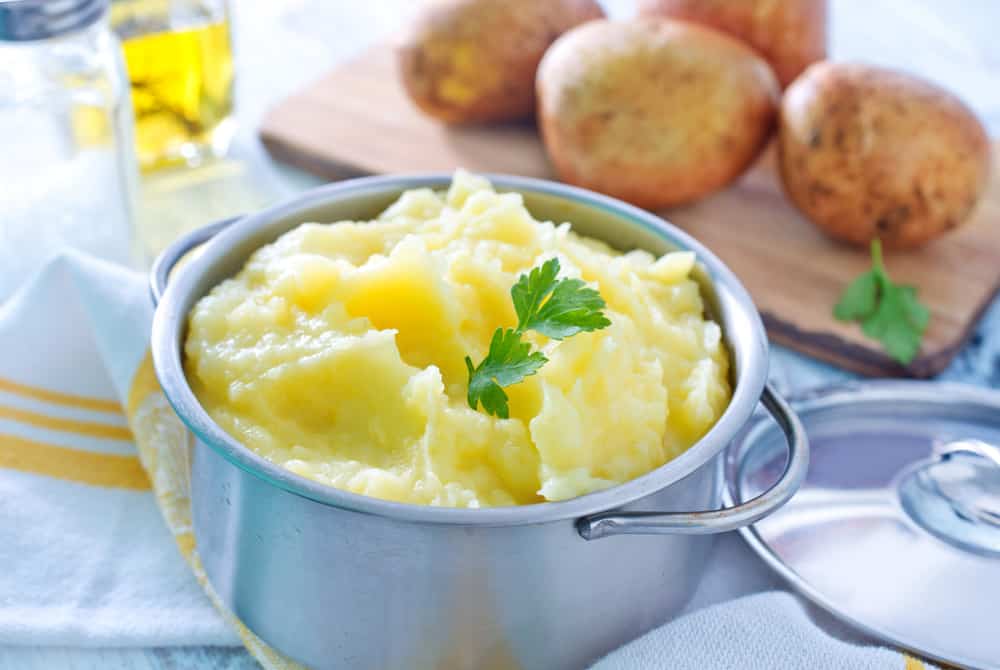Comfort food is that go-to food you crave when nothing is going right. Bad day at the office? Nothing a giant bowl full of mac and cheese can’t cure. Or perhaps a bowl of matzoh ball soup. The question is: why?
Why would eating a certain food be emotionally healing, irrespective of nutritional benefits?
That’s exactly what a team of researchers at the University of Buffalo, set out to discover. The upshot? It’s about the positive associations you have with the person who prepared that dish for you early on.
Comfort Food As Classic Conditioning
“Comfort foods are often the foods that our caregivers gave us when we were children. As long we have positive association with the person who made that food then there’s a good chance that you will be drawn to that food during times of rejection or isolation,” says University of Buffalo psychologist Shira Gabriel. “It can be understood as straight-up classical conditioning.”
Earlier studies have already established that eating comfort food can make people feel less lonely, less rejected by the society of their peers. This new study, published in Appetite, serves to explain why we are attracted to certain foods when we’re feeling blue.
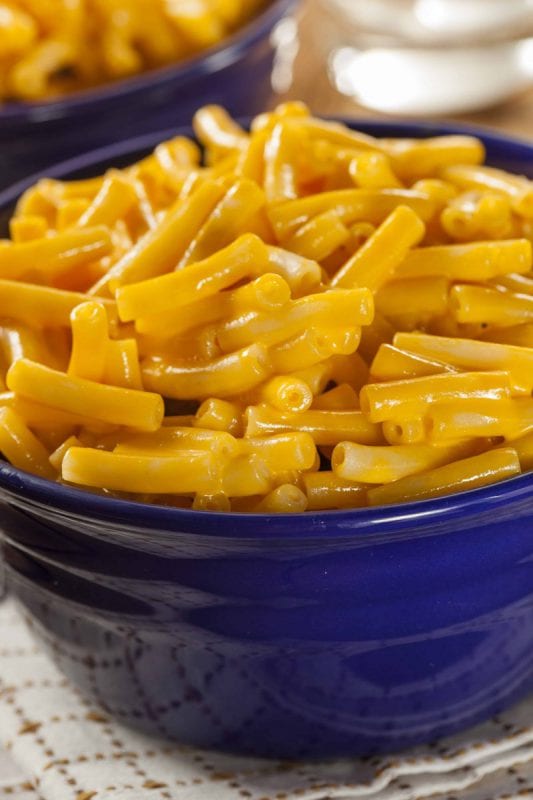
“Because comfort food has a social function,” says Gabriel, “it is especially appealing to us when we are feeling lonely or rejected. The current study helps us understand why we might be eating comfort foods even when we’re dieting or not particularly hungry,” says the psychologist.
Comfort food is, by definition, any food that helps us find comfort. In the UB study, some of the participants designated a healthy food choice as their chosen comfort food, while for others comfort food was something fattening or starchy.
“For a lot of people it is the food they grew up eating,” says Gabriel. “In a previous study, we gave all of the participants chicken noodle soup,” says Gabriel. “But only those who had a social connection to that soup identified it as a comfort food and felt socially accepted after eating it.”
It’s pretty easy to imagine the scenario by which a child could be conditioned to associate specific foods with comfort. Especially if you’re a mother. A lot of times, kids come home from school and we can tell they’re suffering. Even if they don’t feel like talking about it.
You just look at them and you know: this child has had a really crummy day.
A lot of the time there isn’t much to do but be warm and loving. But we always wish we could do more. We cast about, trying to find something, anything we might do to alleviate the painful feelings we know that child is experiencing. So we offer our kitchen skills: How about a nice grilled cheese sandwich and some hot cocoa?
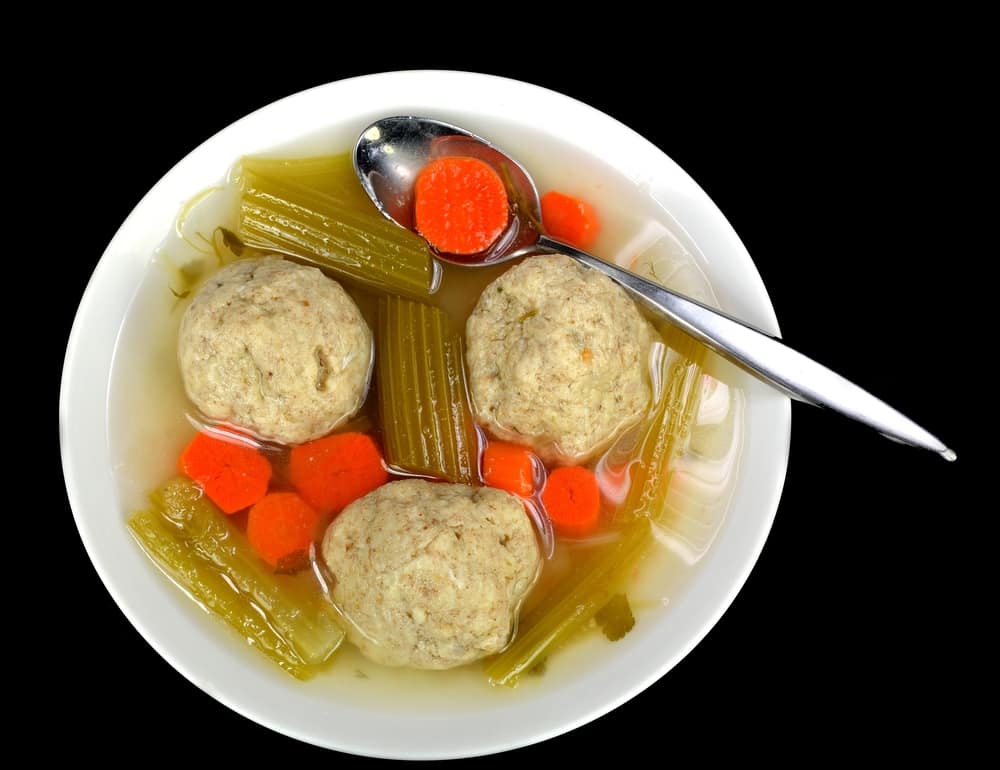
And sometimes, it’s not so much connected to a mother wanting to do something to ease a child’s sadness or inability to fit in with peers, but it’s about the child, remembering a time when the child felt warm, and safe, and loved. For a Jewish child, that could be Friday night at the Sabbath meal, with the entire family seated at the table. It’s easy to see how that child could grow up associating matzoh ball soup with taking comfort.
It’s also easy to see the cultural aspect of this. A Jewish child might see matzoh ball soup as the ultimate comfort food, while a Japanese child might see sushi as a worthy candidate. In either case, eating these foods makes that person feel better.
The study shows that for one thing, comfort food is associated with the relationships we had early on. The researchers would say that comfort food therefore has “social utility.” It is that social utility that helps shape a person’s preferences for comfort food.
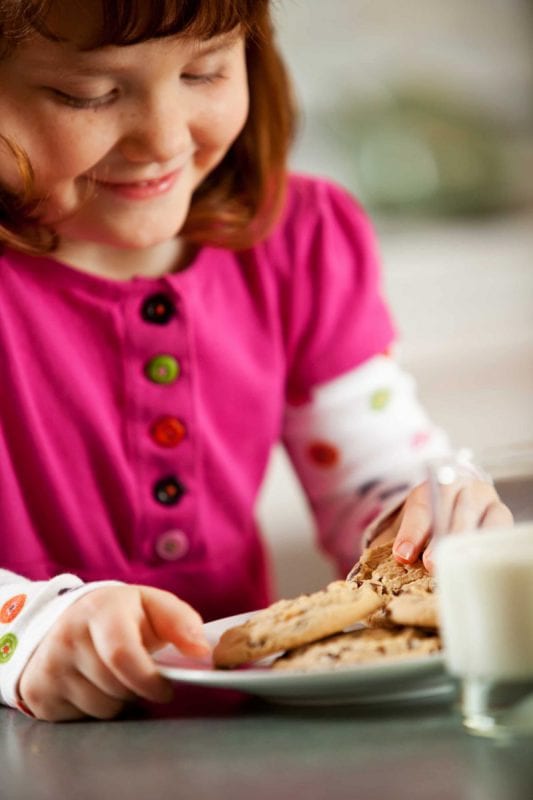
The researchers also found that feelings of isolation could increase the enjoyment of comfort foods. For example, that bag of potato chips may not hit the spot when you’re feeling good and you’ve just had a workout. You’d be more likely to choose a green salad. But when you’re down and out, oh boy are those potato chips ever tasty! You can’t even begin to believe how tasty they are.
What exactly is the sort of emotional experience that makes us crave comfort food? It’s about not feeling socially accepted. Whenever we feel like we just don’t belong, somehow, that’s when we’re liable to dig in to a giant bowl of exquisitely creamy mashed potatoes with streams of melted yellow butter oozing down the sides.
And the thing is comfort food WORKS. It really does make us feel better. That’s important, because people who feel disenfranchised, like they don’t fit in, are vulnerable to mental and physical health risks. We know that teenagers, for instance, are vulnerable to extreme emotional ups and downs and can engage in risky behaviors as a result.
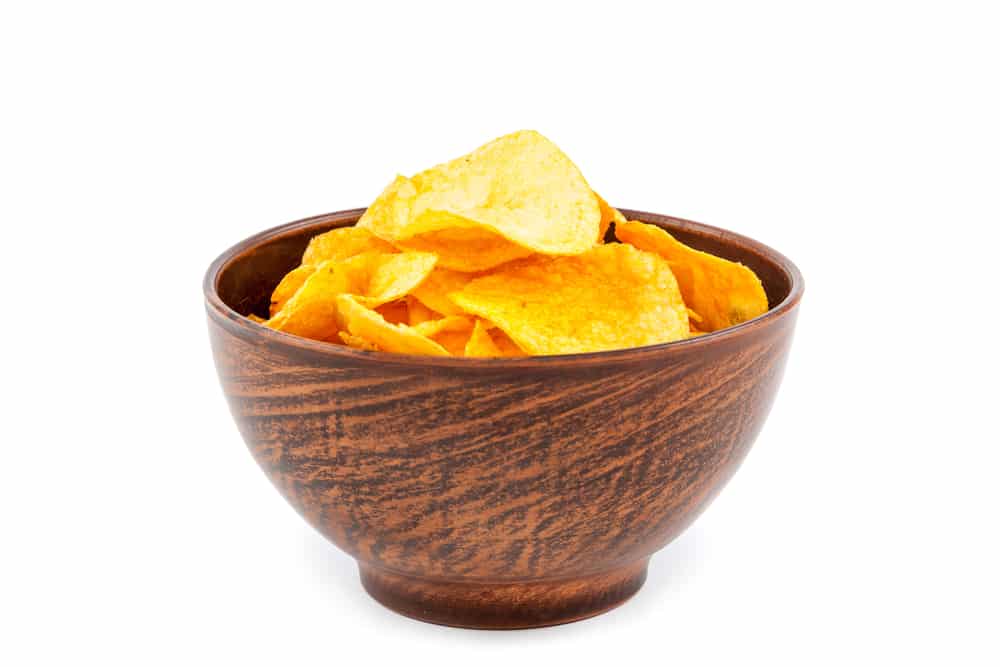
Fitting In
They might, for example, take drugs because their friends are taking drugs and they want to fit in. Ditto a slew of other risky behaviors. If it’s what their friends are doing, they think they ALSO have to do it to fit in. Or else risk being unpopular. If it so happens they are strong enough to say no to the risky behavior, they may actually be left out in the cold, socially. That can lead to loneliness and even thoughts of suicide (or worse).
Not to be flippant about something as serious as that, but: wouldn’t it be great if a little bit of mashed potato intervention could help to restore the emotional balance of teens in emotional distress?
Obviously, comfort food is no miracle substance, and shouldn’t take the place of counseling in the case of serious emotional issues. But for minor emotional woes, a little chicken soup or potato chip therapy can’t hurt, and just may help. It’s certainly a lot safer than recreational or even prescription drugs.
On the other hand, moderation is suggested. As Gabriel says it, “Although comfort food will never break your heart, it might destroy your diet.”
